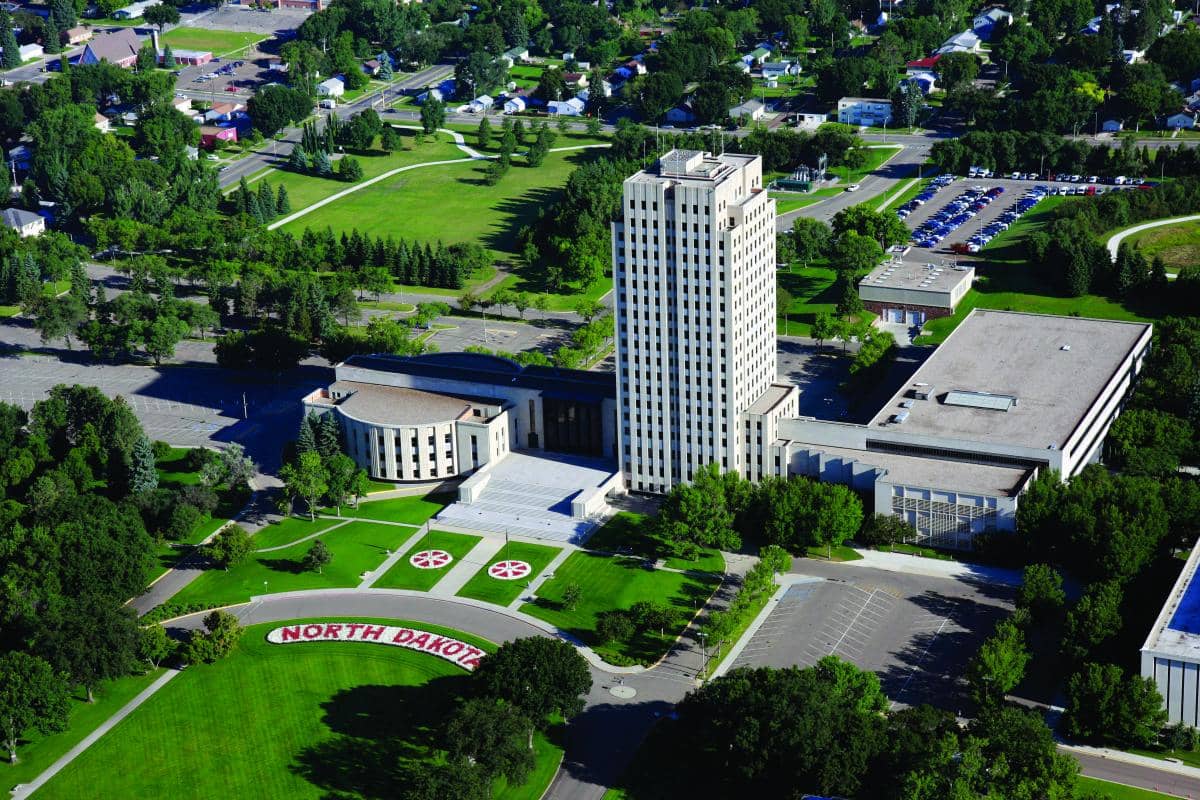
BISMARCK, N.D. (AP) — North Dakota’s Supreme Court has reversed a lower court decision that sided with a Houston-based energy company over disputed oil and natural gas royalties, a decision that could eventually bring millions of dollars to the state’s public schools and colleges.
The case stems from a lawsuit Newfield Exploration filed against the state after the Department of Trust Lands conducted an audit in 2016 that claimed the company was underpaying royalties to the agency that manages several state trust funds, including one that benefits public schools.
Northwest District Court Judge Robin Schmidt’s ruled last year that the state’s claim of a breach of contract could not be proven because the state failed to provide “any contract or lease … that allows this court to meaningfully review the contract obligations and whether a breach has occurred.”
In a unanimous ruling Thursday, the high court’s justices said the lower court should have focused on the state’s position that the company underpaid royalties from its drilling operations, and not whether the state could prove a breach of contract from its leases.
The case was sent back to the lower court to determine, in part, the amount of unpaid royalties.
Newfield is owned by Denver-based Ovintiv. A spokeswoman said the company does not comment on litigation.
Heringer, an attorney, called the high court ruling precedent-setting and said it might help settle about 20 similar cases with energy companies that may have “tens of millions” in unpaid royalties.
“I think it helps or provides clarity from a legal perspective,” he said. “My hope is that it’ll help all of these outstanding claims out there come to resolution.”
Heringer said his agency has already succeeded in reaching financial settlements with several other companies.
The royalty disputes are centered around post-production costs, which are expenses associated with gas preparation before it is sold. Companies sought to deduct those costs from royalties owed to the state
Ron Ness, president of the North Dakota Petroleum Council, doesn’t believe the high court’s ruling will impact other cases of alleged unpaid or underpaid royalties.
“It’s not going to have a precedent-setting impact on the other companies because they all have a unique situation,” he said.
